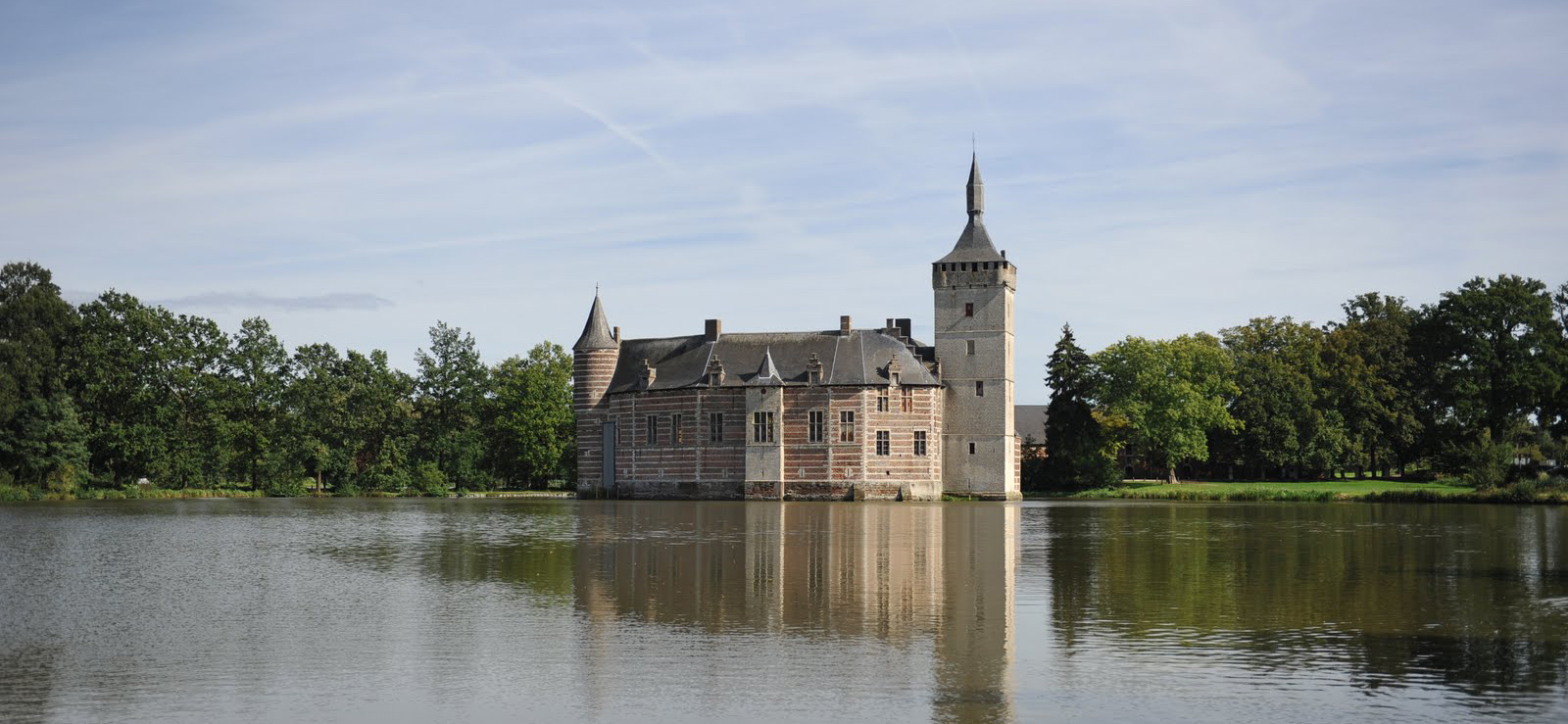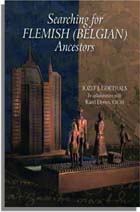
Tracing Your Belgian Roots
The history of Belgium is entwined with the religious and political wars of early modern Europe. Part of the Low Countries–which today comprise Belgium, Holland, and Luxembourg–Belgium was ruled by Hapsburg Spain from 1516 until 1713 and was an important battleground in the extraordinarily violent Thirty Years War from 1618 to 1648. Over the next hundred years, Austria, France, and Holland (which had attained its own independence) alternately ruled over Belgium. Belgium became an independent constitutional monarchy in 1830 and continues to be one today.
Unlike Protestant Holland, whose Flemish language is identical to Belgium’s, the population of the latter is almost entirely Roman Catholic. Flemish is the official language of Belgium’s northern provinces, home to the Flemings, while French dominates among the Walloons of the south.
Belgium has been a relatively small source of immigrants to the U.S. According to one source, less than a quarter-million Belgians have emigrated over the course of U.S. history. Most of these newcomers arrived before 1950, with most having arrived before the outbreak of World War I. More persons of Belgian heritage live in Michigan and Wisconsin than in any other states, although small pockets exist in Illinois, Minnesota, North Dakota, and other Midwestern states. During the 19th century, Belgians comprised the backbone of the eastern glass industry. As more and more took up residence in the Midwest, they divided their energies between skilled trades–especially building trades–and farming.
The foregoing narrative is by way of introducing our groundbreaking title, Searching for Flemish (Belgian) Ancestors, by Jozef Goethals and Fr. Karel Denys. This first-ever guidebook to Belgian genealogy teaches the reader the ins-and-outs of Flemish records, and repositories in the U.S. as well as in Flanders.
Among other things, this new book contains a glossary of Flemish genealogical terms and instructions for reading ancient Flemish documents–advice that can be applied to deciphering Flemish genealogical documents for Holland as well. For Americans of Flemish ancestry, whose knowledge of the Flemish language is waning, this feature of Searching for Flemish (Belgian) Ancestors is crucial if they wish to delve into their Flemish family history.
To provide our readers with a greater understanding of the design and objectives of this guidebook, we have reprinted Mr. Goethals’ “Note to the Reader” from the book itself:
“An examination of guidebooks on genealogical research of European countries has convinced us that there is a need for the present publication. There are outstanding research manuals in Flemish showing the way through genealogical sources. Publications in English, however, treat Belgium only in a skeletal manner. Fr. Karel Denys, a life-long genealogy enthusiast and co-founder of the Genealogical Society of Flemish Americans, published a series of articles in the “Flemish American Heritage” magazine, filling, in part, this void. We decided that presenting our combined experiences to a wider American public would benefit the Flemish American researcher.
“The main thrust of this work is to introduce you to the genealogical sources that are obtainable in the United States, i.e. sources that could save you a trip to the ‘old country,’ and to assist you in finding and interpreting these sources. The introduction sketches the history of Flanders and Belgium and the waves of emigration to America. This basic information will allow you to place your ancestors in a historical context.
“The first section describes some Belgian sources available in the United States which should be reviewed before you venture into the civil and parish records of Flanders: Internet websites, genealogical societies, library collections, etc.
“In the second and third sections you find a detailed analysis of the vital records of the Civil Registry (1796-1900) and Parish Registers (ca 1600-1796). Birth, marriage, and death records are analyzed and translated from Flemish, French, and Latin.
“The fourth section introduces you to the history and content of other sources of the so-called Ancien Regime(Old Regime) before 1796: court records, orphan bench records, notary records, tax records, et al. These sources provide you with information which make the vital records come alive.
“In the appendices we provide some practical research tools: among other things, an introduction to Flemish first names and surnames, state archives in Flanders, and a glossary of genealogy terms in Flemish, French, and Latin.
“Since the greatest number of emigrants to the United States originated from Flanders and our combined research experience concentrated on Flemish sources, the book is limited to the search for Flemish/Belgian ancestors, as the title suggests.”
In our judgment, for persons of Flemish ancestry Searching for Flemish (Belgian) Ancestors will prove to be a godsend. To buy or learn more about this exciting guidebook, please click the following button.
Our Other Ethnic or National Guidebooks . . .
- In Search of Your Asian Roots: Genealogical Resources on Chinese Surnames
- Scottish Genealogy: The Basics and Beyond
- In Search of Your German Roots. Fifth Edition
- Tracing Your Irish Ancestors. 5th Edition in Hardcover
- Polish Roots. 2nd Edition
- Tracing Ancestors in Barbados
- In Search of Your Canadian Roots
- Guide to Cuban Genealogical Research
- Ancestral Trails. The Complete Guide to British Genealogy and Family History
- Finding Italian Roots. Second Edition
- Finding Your Hispanic Roots
- Welsh Family History . . . Second Edition




